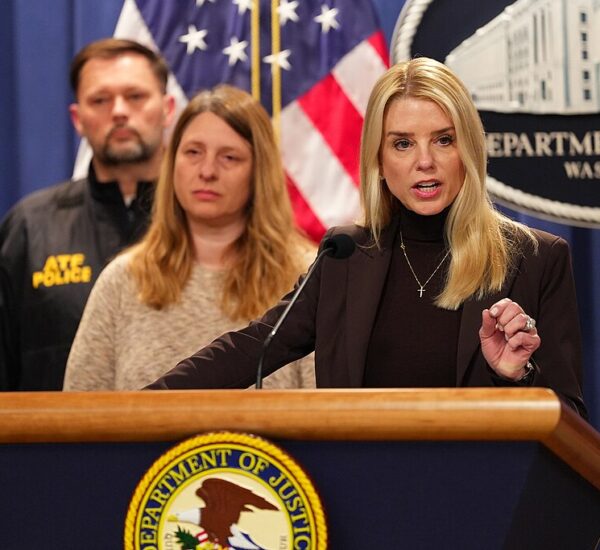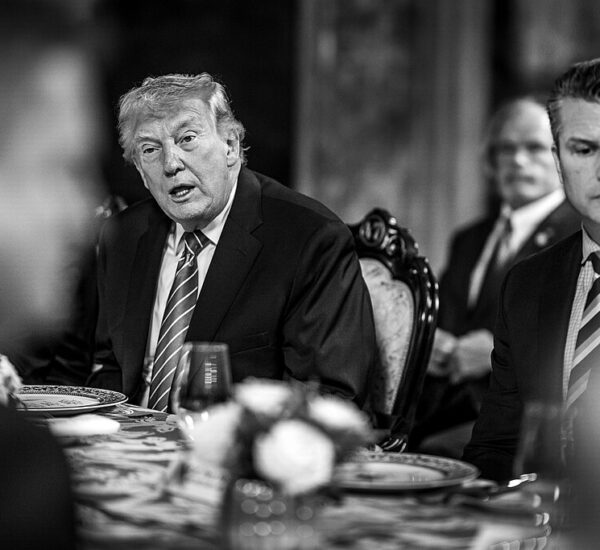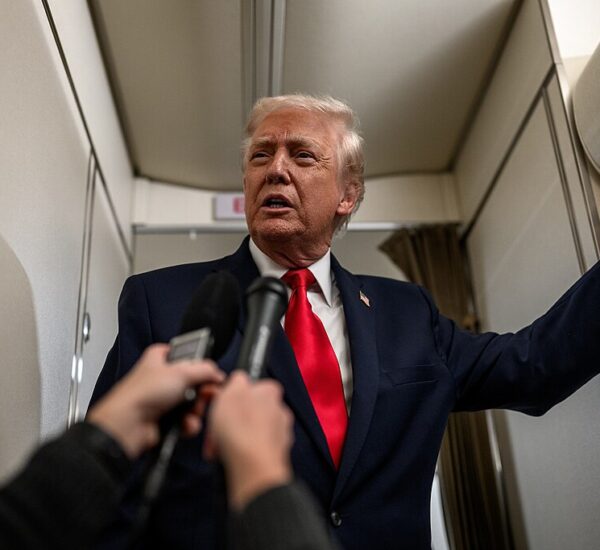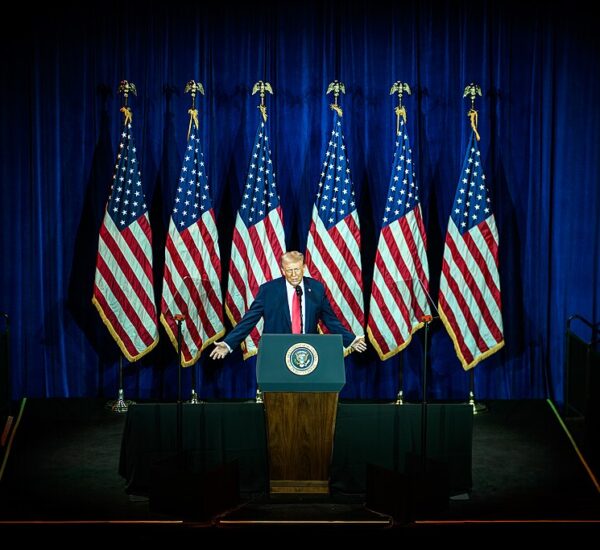Former President Donald Trump has voiced deep dissatisfaction with Republican lawmakers following the defeat of an amendment aimed at halting criminal prosecutions of presidential candidates. The proposal, put forth by Representative Andrew Clyde of Georgia, narrowly missed approval with a vote of 25-26 during discussions on the Commerce, Justice, Science, and Related Agencies (CJS) Appropriations Bill.
Trump took to his social media platform, Truth Social, to sharply criticize Idaho Representative Mike Simpson for voting against the amendment. He described the measure as crucial in preventing the use of federal and state funds to prosecute any presidential candidate before the 2024 election. Trump didn’t hold back, labeling Simpson’s decision as “unwise” and expressing disappointment in other Republican members who were absent during the vote, such as Representatives David Valadao of California and Dan Newhouse of Washington, whom he referred to as “the only two remaining Impeachers in the House of President Donald J. Trump.”
The former president’s frustration stems from ongoing legal battles, including federal trials concerning alleged mishandling of classified information after his presidency and efforts to challenge the results of the 2020 election. Trump has also been entangled in legal disputes in Georgia over allegations of electoral interference.
Despite viewing these cases as politically motivated, Trump underscored the importance of blocking funds for such investigations. He argued that allowing these prosecutions to proceed would establish a perilous precedent, potentially restricting Republicans’ ability to scrutinize President Biden’s actions in the future.
In response to the amendment’s setback, Representative Clyde affirmed his commitment to reintroducing it soon. He expressed disappointment in colleagues who missed the vote but emphasized his determination to push the amendment forward despite initial obstacles.
Looking ahead, the House Appropriations Committee plans to revisit the CJS bill in September when lawmakers reconvene in Washington, D.C. The outcome of this legislative effort remains pivotal amidst the ongoing political and legal challenges facing Donald Trump and the broader implications for presidential accountability.






